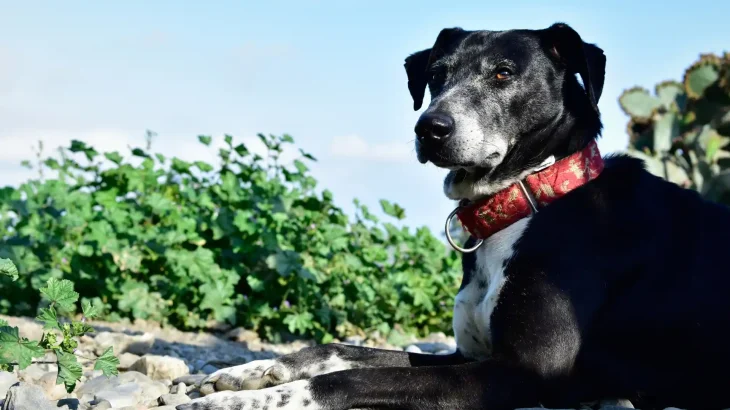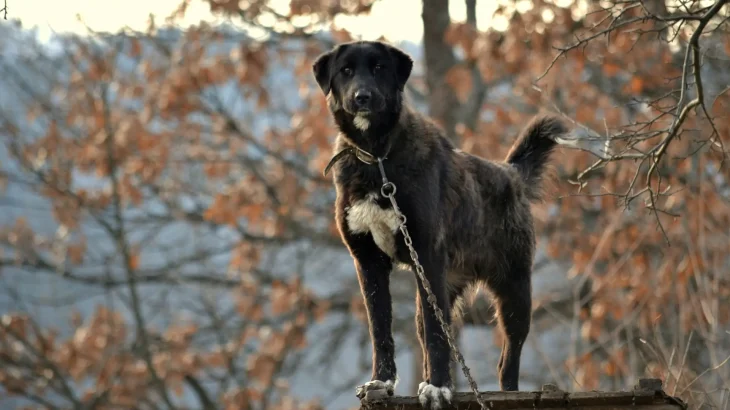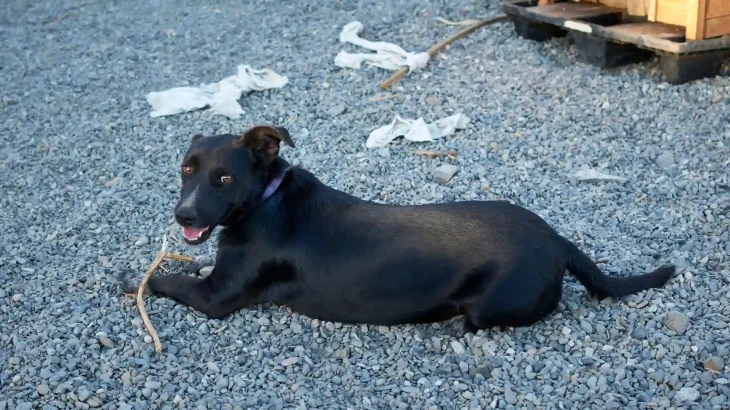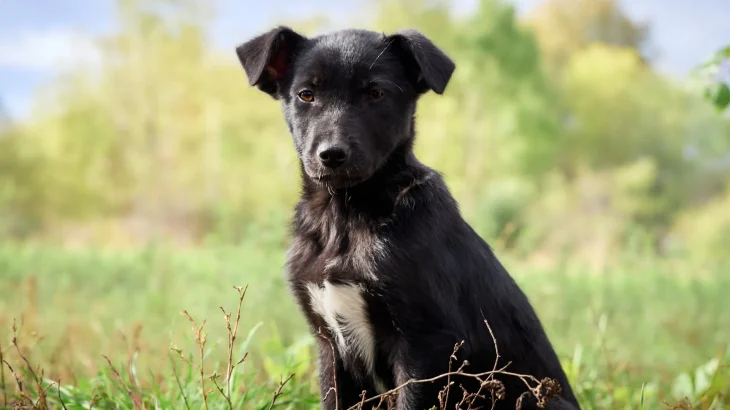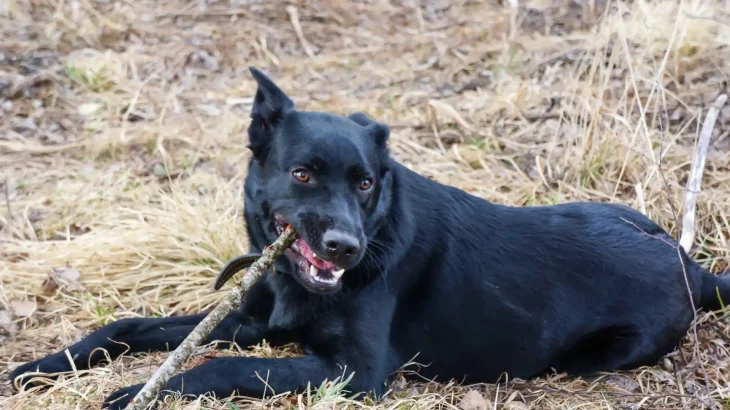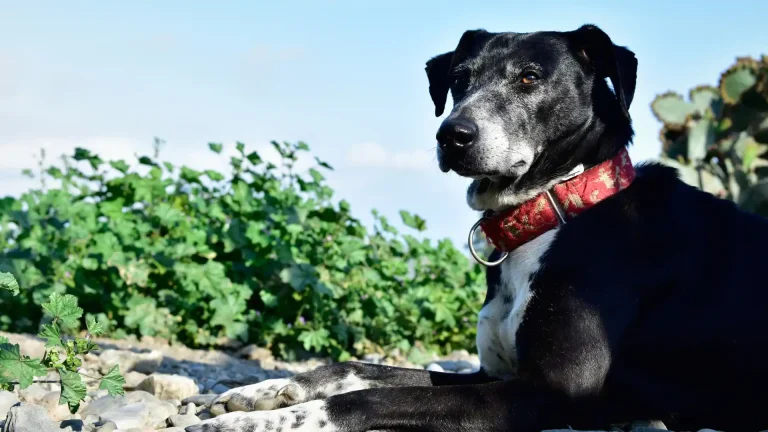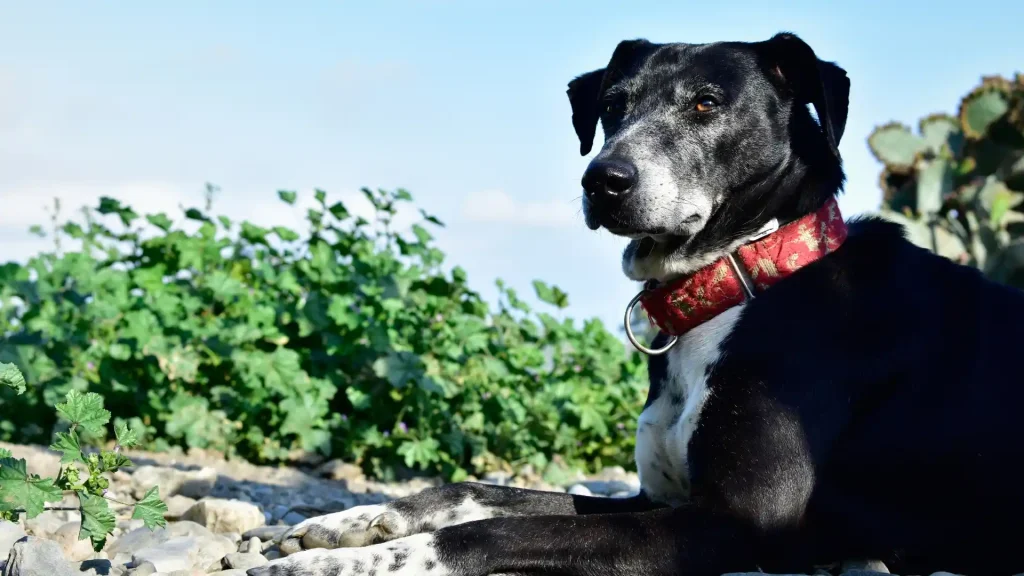Deciding whether to adopt or purchase a Majorca Shepherd Dog puppy involves weighing the certainty of health and lineage against the opportunity to provide a home to a dog in need. Purchasing from a responsible breeder typically offers detailed health histories and breed-specific insights, while adoption options for this specific breed are currently very limited.
Adoption vs. Breeder: Pros & Cons
| Criteria | Buying from Breeder | Adopting from Shelter/Rescue |
|---|---|---|
| Cost | Higher upfront cost (generally £1000-£1300), reflecting purebred quality and health screening. | Lower or minimal adoption fees; however, very few Majorca Shepherd Dogs available for adoption. |
| Health History | Detailed health screening and genetic tests help minimize inherited issues like hip dysplasia and bloat. | Often unknown health background; shelters may do basic checks but breed-specific risks may be unreported. |
| Age Availability | Primarily puppies, allowing early socialization and training tailored to breed needs. | Wide age range possible, but actual availability of Majorca Shepherd Dogs is rare. |
| Temperament Insight | Breeders provide info on typical breed traits and early disposition. | Temperament observable but full history often unknown, so predictions are less certain. |
| Supporting Practices | Supports preservation of the breed through ethical, responsible breeding. | Supports animal welfare by providing a home for dogs in need, though breed preservation is less direct. |
| Breed Purity & Pedigree | Guarantee of purebred status with pedigree documents and official papers. | Breed purity and pedigree rarely guaranteed or available in adoption settings. |

